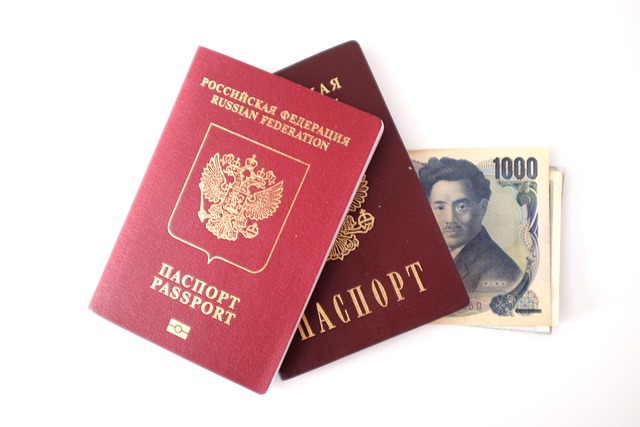Dual Citizenship in the UK: Is It Allowed?

Dual citizenship, also known as dual nationality, is a status in which an individual is a citizen of two countries simultaneously. This status allows individuals to enjoy the rights and privileges of both countries, such as the ability to live, work, and vote in either nation. For many, dual citizenship offers significant personal, professional, and financial benefits. But is dual citizenship allowed in the United Kingdom? This article explores the UK’s stance on dual citizenship, the process of obtaining it, and its advantages and disadvantages.
Is Dual Citizenship Allowed in the UK?
Yes, the United Kingdom fully allows dual citizenship. The UK government does not require individuals to renounce their original nationality when they become British citizens. Similarly, British citizens who acquire citizenship in another country are not required to give up their British nationality. This policy makes the UK one of the most flexible countries in the world regarding dual citizenship.
How to Obtain Dual Citizenship in the UK
There are several ways to acquire British citizenship while retaining your original nationality:
- Naturalization
Foreign nationals who have lived in the UK for at least five years (or three years if married to a British citizen) can apply for British citizenship through naturalization. Applicants must meet specific requirements, including passing the Life in the UK test and demonstrating proficiency in English. - Descent
Individuals born abroad to British parents may be eligible for British citizenship by descent. This route allows them to retain their original nationality while acquiring British citizenship. - Marriage
Foreign nationals married to British citizens can apply for British citizenship after living in the UK for three years, provided they meet the residency and language requirements. - Registration
Certain individuals, such as children born in the UK to non-British parents or those with specific ties to the UK, may be eligible to register as British citizens. - Investment or Exceptional Talent
The UK offers pathways to citizenship for individuals who make significant investments in the country or demonstrate exceptional talent in fields such as science, arts, or technology.
Advantages of Dual Citizenship in the UK
- Freedom to Live and Work
Dual citizens can live, work, and study in both countries without needing visas or work permits. This flexibility is particularly valuable for professionals and entrepreneurs. - Access to Social Benefits
Dual citizens are entitled to social benefits, such as healthcare and education, in both countries. For example, British citizens have access to the National Health Service (NHS). - Voting Rights
Dual citizens can participate in elections and referendums in both countries, giving them a voice in the political processes of both nations. - Travel Convenience
Holding two passports can simplify international travel, as dual citizens can choose the passport that offers the most favorable visa requirements for their destination. - Cultural and Family Ties
Dual citizenship allows individuals to maintain strong connections to their heritage, culture, and family in both countries. - Economic Opportunities
Dual citizens can own property, invest, and conduct business in both countries, opening up a wider range of economic opportunities.
Disadvantages of Dual Citizenship in the UK
- Tax Obligations
Dual citizens may be subject to taxation in both countries, depending on their residency status and the tax laws of each nation. The UK has double taxation agreements with many countries to mitigate this issue. - Legal Complexities
Navigating the legal systems of two countries can be challenging, particularly in areas such as inheritance, family law, and military service obligations. - Political Restrictions
Some countries restrict dual citizens from holding certain public offices or security clearances. It’s essential to check the laws of both countries to understand any limitations. - Administrative Burden
Maintaining dual citizenship can involve additional paperwork, such as renewing two passports and complying with the residency requirements of both countries. - Potential Conflicts
In rare cases, dual citizenship can lead to conflicts of interest, particularly if the two countries have strained diplomatic relations.
Countries That Allow Dual Citizenship with the UK
Many countries allow their citizens to hold dual nationality with the UK. Some examples include:
- United States
- Canada
- Australia
- France
- Germany
- India (with certain restrictions)
- South Africa
However, some countries do not permit dual citizenship or have restrictions. For example, China and Japan generally require individuals to renounce their original nationality when acquiring citizenship in another country.
Renouncing British Citizenship
While the UK allows dual citizenship, some individuals may choose to renounce their British nationality, often to comply with the laws of another country or for personal reasons. Renunciation is a formal process that requires submitting an application to the Home Office. Once renounced, British citizenship can only be reinstated in exceptional circumstances.




